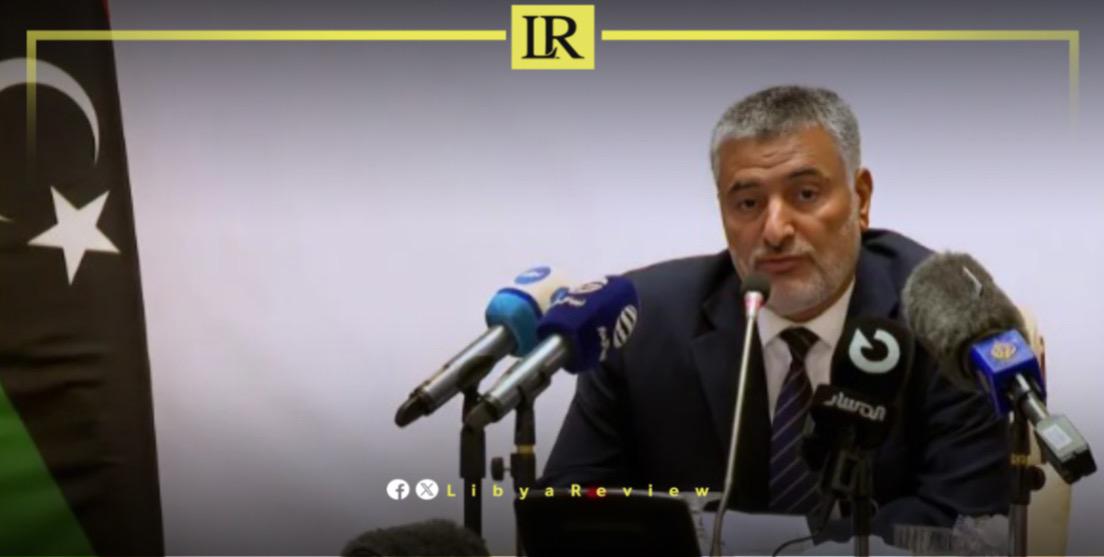On Tuesday, the Chairman of the High Council of State (HCS) in Libya, Mohamed Takala, announced a re-run of the elections for the High Council of State President on August 20, pending judicial resolution.
Takala stated that this timing aims to “prevent an open-ended situation that could be exploited by those seeking to impose division on the council,” and described it as a “compromise solution that preserves achievements and avoids division,” following consultations with council members.
Takala’s decision follows a controversy over the voting process. During the session, it was initially announced that Takala received 68 votes while his rival, former council president Khaled Mishri, received 69 votes. However, disputes arose regarding the validity of one member’s vote, who wrote Takala’s name in an incorrect section of the ballot.
Takala decided to seek a ruling from the Administrative Court to determine the presidency. Meanwhile, Mishri insisted that Takala should step down before any legal proceedings. Takala defended the validity of the disputed ballot, presenting it in a video, which showed the voter writing Takala’s name on the back of the paper.
Takala emphasized that “re-running the election is a genuine opportunity for everyone to prove their merit in the eyes of the council members,” and stated, “Anyone who believes they are the most deserving should not fear another round of voting.” He concluded by noting that “while the elections reflect a significant degree of power transition, they remain incomplete in the absence of delayed general elections.”
Earlier, Mishri declared, “I consider myself the legitimate president of the State Council,” based on the election results. He warned that any further escalation would be a “conspiracy against the council,” and added, “We know who is attempting to end the council’s role.”
The High Council of State plays a critical role in Libya’s complex political landscape. Established following the 2015 Libyan Political Agreement, the council acts as an advisory body to the Government of National Accord. Its influence extends over legislative processes and the approval of significant national policies.
The recent election controversy highlights ongoing challenges in Libyan governance. The dispute over the presidency underscores the fragile state of political institutions in Libya, which have been struggling to achieve stability since the 2011 uprising that led to the fall of Muammar Gaddafi.


